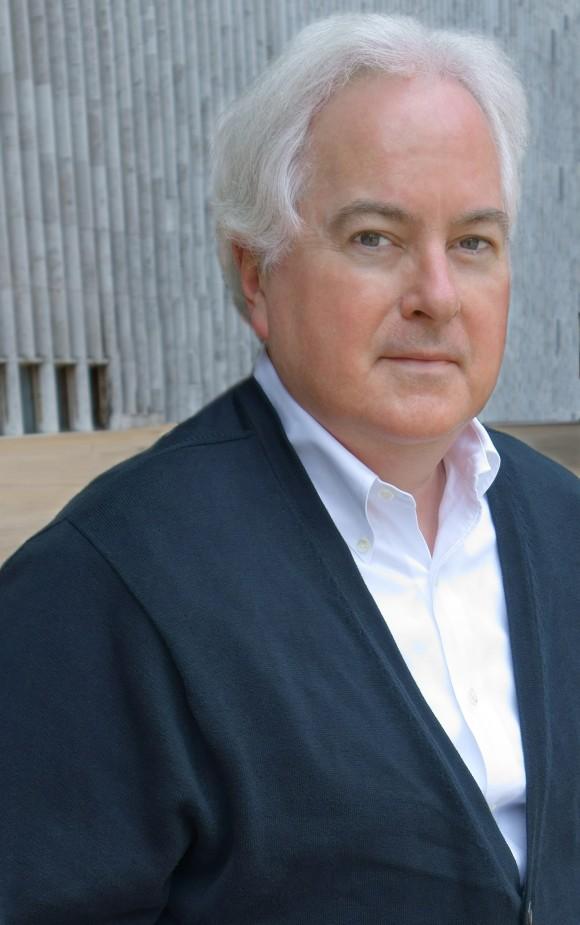Opera is dramatic—it’s emotionally expansive, sensorily explosive, and grand or even over-the-top. It also has the reputation of being one of the most buttoned-up and stuffiest art forms.
“If you haven’t had a friend walk you into it, or a trusted teacher lead you through an experience, someone who says, ‘Let me introduce you to some of my favorite things’ ... how do you go in?” asked Mikel Ellcessor, interim general manager at classical music station WQXR.
Opera was so much fun and so immersive, Ellcessor thought, that it seemed like a waste not to share it. So, why not throw an opera party?
The event would have to be spectacular, he knew, and it would have to offer culturally curious New Yorkers something unique in a place where there is always something new and intriguing to do.
When Ellcessor was planning the event, the festive salons of Vienna and Salzburg from a few hundred years ago came to mind. First, there would have to be a great host to throw the party, he imagined, as well as wonderful food and drinks. At some point, someone would stand up and start singing beautifully; then the party would resume; and then maybe someone else would stand up and sing. “What if we did that?”
WQXR partnered with countertenor Anthony Roth Costanzo, who “has an undeniable, unstoppable love for the art form,” Ellcessor said. He gave Costanzo full reign to execute his vision, and now, several months later, they are presenting a series of opera parties at The Greene Space. The first takes place on April 17.
The Underbelly of Opera
At The Greene Space, Costanzo and F. Paul Driscoll, editor-in-chief of Opera News, will co-host an evening of deception, reinvention, alternate realities, and exploring mistaken identities. Countertenor David Daniels will perform, and award-winning chef Patrick Connolly will serve food that isn’t quite what it seems at first glance either. All of this will take place in a space designed by artist Doug Fitch.







